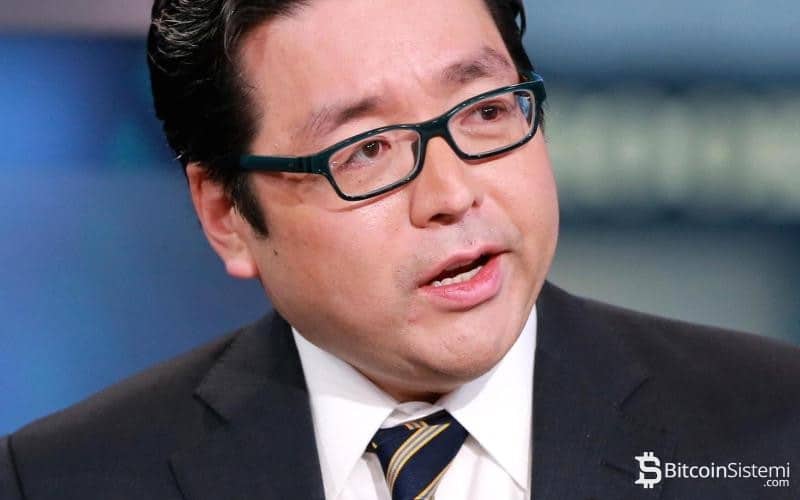Senate Democrats’ DeFi gambit elicits outrage in crypto circles
Senate Democrats’ opening gambit in negotiations over landmark crypto legislation has elicited a furious response from the crypto industry.
The proposal would classify virtually every protocol in decentralised finance as a “digital asset intermediary” required to verify customer identities and adhere to anti-money laundering regulations.
It would also require that websites offering access to DeFi protocols register as brokers and comply with a suite of new regulations, including customer protection standards, code audits, stress testing, disclosures regarding risk and protocol governance, and more.
“This approach establishes a clear regulatory framework for decentralized finance
platforms by defining accountability, clarifying oversight, and preventing the misuse of
decentralized protocols for illicit finance, sanctions evasion, or to bypass market guardrails,” according to a copy obtained by Politico.
When it leaked earlier this week, it took the crypto industry by surprise, according to an industry source who has had conversations with legislative staff.
“We had no idea that this was going to be the response,” said the source, who was granted anonymity to speak candidly about sensitive discussions.
“They did not intend for this to be public.”
Crypto attorneys and executives argue the policy was a nonstarter. Decentralised financial applications are designed to cut out middlemen, and forcing them to act as intermediaries is akin to a death sentence in many developers’ eyes.
Moreover, anti-money laundering programs and customer screening cut against the crypto ideal of so-called permissionless finance, in which financial services are available to anyone with an internet connection — savers, traders, activists, dissidents, and criminals.
“The disappointing proposal outlined by Senate Democrats would effectively ban decentralised finance, wallet development, and other applications in the United States,” Blockchain Association CEO Summer Mersinger said in a statement.
The Democrats’ proposal has little chance of becoming law. Crypto has found an ally in Republican lawmakers, who control both houses of Congress. President Donald Trump, a Republican, has launched several crypto companies over the past year.
Nevertheless, it could derail talks to pass landmark crypto legislation, a priority for the president and congressional Republicans.
Market structure
In July, the House of Representatives passed market structure legislation dubbed the Clarity Act, which would install the Commodity Futures Trading Commission as the crypto industry’s primary regulator.
While the House bill drew significant bipartisan support, Senate Democrats have been leery.
“It’s critical that any crypto regulation bill we pass does not have massive unintended consequences,” Senator Elizabeth Warren, a Democrat from Massachusetts, said in July.
“Consequences that would reach far beyond the crypto market and take a tire iron to the $120 trillion golden egg that is America’s capital markets.”
Senator Tim Scott, a Republican from South Carolina and the chair of the Banking Committee, initially set a September deadline for passing market structure legislation.
While that deadline has come and gone, a dozen Democrats, many of them considered relatively crypto-friendly, signaled in September they were willing to negotiate when they published a six-page framework for the bill.
“It is time to strengthen digital asset markets for investors and businesses through clear,
consistent, and fair rules of the road,” they wrote.
A new decentralisation test
But that framework hardly touched on decentralised finance. This week’s proposal, on the other hand, deals squarely with DeFi.
It grants the Treasury Department power to determine whether a protocol is “sufficiently decentralised.” A decentralised protocol would not be an intermediary — unless it features US-facing websites or someone receives “recurring revenues” from its use by third-parties.
Those criteria would account for virtually every DeFi protocol today.
The proposal also states that writing or publishing code is not a crime “absent deployment, control, or profit from the protocol.”
It also allows the Treasury department to place protocols — or websites that offer access to DeFi protocols — on a “restricted list” if they are found to “facilitate” illicit finance or sanctions evasion. The department can also add protocols to the restricted list if they are found to pose a risk to “fair, orderly, and efficient markets, the stability of the U.S. financial
system, or national security.”
“Sadly, senate dems want to kill DeFi entirely — even the ones that call themselves pro crypto,” Uniswap founder Hayden Adams wrote on X.
“No other conclusion if this is their policy stance.”
According to the source, the proposal has varying levels of support among the 12 Democrats who signed September’s market structure framework. But it was largely led by Virginia Senator Mark Warner.
“They have differing levels of saying they saw it, saying they actually read it, saying they didn’t really understand what was in it,” they said.
“But Warner is leading. Warner has held the pen. He is the person who is pushing all this.”
Warner and several other Democrats who signed the market structure framework did not immediately return DL News’ request for comment.
The controversy appears to jeopardize the odds the Senate passes a market structure bill this year. Republicans have told Democrats they will not discuss the bill until the two sides schedule a vote, Politico reported Thursday.
Scott did not immediately return DL News’ request for comment.
The rift may also raise questions about the limits of crypto’s growing bipartisan clout. The industry spent an enormous amount of money in 2024 in an attempt to influence US congressional elections, according to watchdog group Public Citizen.
It appears to have paid off. Market structure legislation passed the House with 71 Democrat votes in 2024; this year, it passed with 78.
Crypto investor Nic Carter ruefully noted on X that crypto-aligned Super PACs had donated millions in the last election cycle to one of the Democrats leading market structure negotiations, Arizona Senator Reuben Gallego.
But the industry hasn’t written Democrats off.
“I don’t think this signals that no one’s gonna work with these Dems anymore,” the source said.
“Everybody still wants to try to get to a productive place. … It’s just very disappointing that, even after all the advocacy we’ve already done, that this is what we get.”
Aleks Gilbert is DL News’ New York-based DeFi correspondent. You can reach him at aleks@dlnews.com.
You May Also Like

RWA giant Securitize eyeing public listing via Cantor Fitzgerald SPAC at unicorn valuation: Bloomberg

Ethereum Bull Tom Lee Speaks for the First Time After the Big Drop
